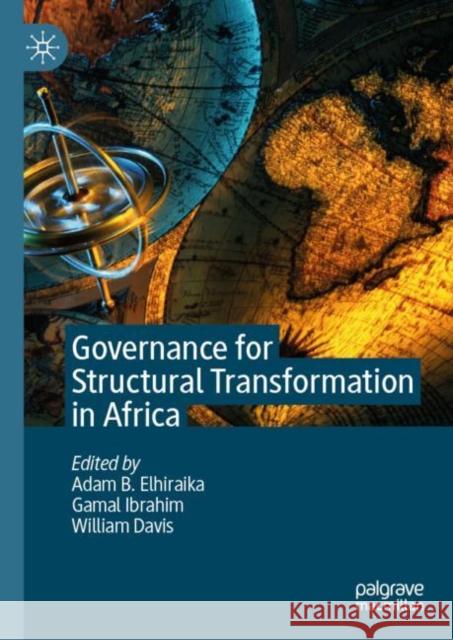Governance for Structural Transformation in Africa » książka
topmenu
Governance for Structural Transformation in Africa
ISBN-13: 9783030039639 / Angielski / Twarda / 2019 / 317 str.
Kategorie:
Kategorie BISAC:
Wydawca:
Palgrave MacMillan
Język:
Angielski
ISBN-13:
9783030039639
Rok wydania:
2019
Wydanie:
2019
Ilość stron:
317
Waga:
0.69 kg
Wymiary:
21.01 x 14.81 x 2.69
Oprawa:
Twarda
Wolumenów:
01
Dodatkowe informacje:
Wydanie ilustrowane











